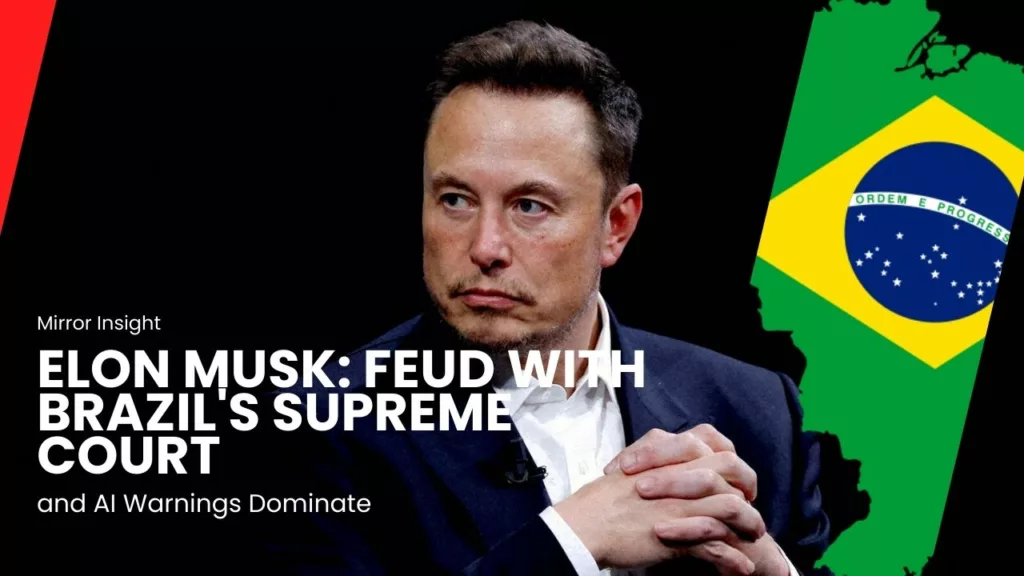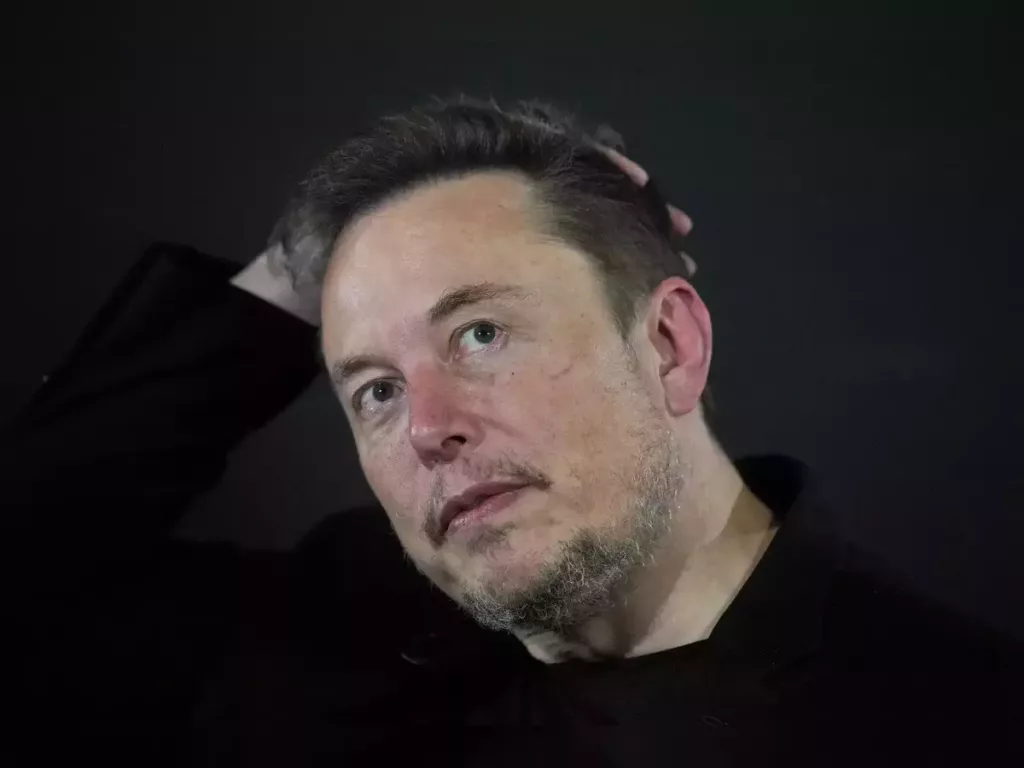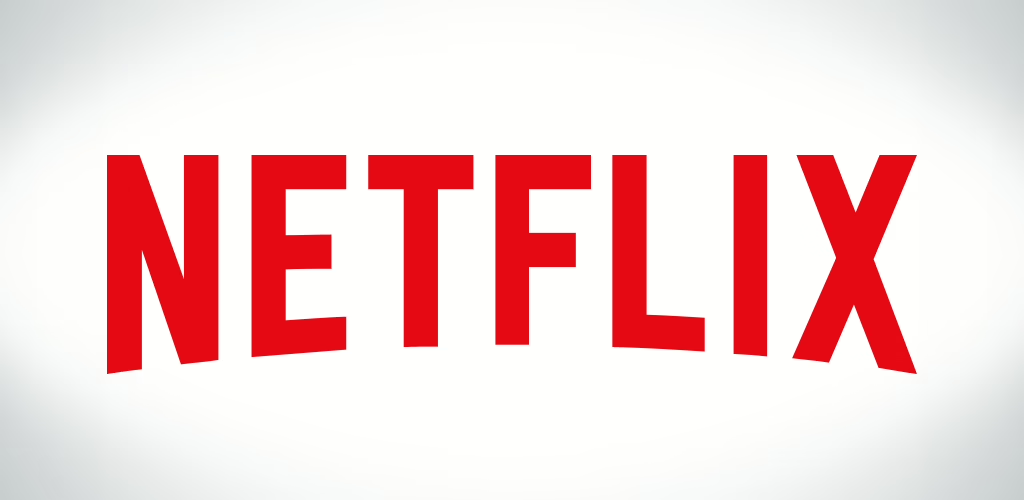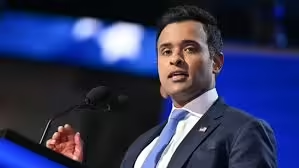
Elon Musk and Brazil: A Tech Titan’s Tussle with Tropical Turbulence
In the world of high-profile technology moguls, few names are as frequently in the limelight as Elon Musk’s. Known for his groundbreaking work with Tesla and SpaceX, Musk’s ventures span from electric cars to space exploration. However, in a twist that has caught both tech enthusiasts and geopolitics observers off guard, Musk recently found himself embroiled in an unexpected feud with one of the world’s most vibrant and ecologically significant nations—Brazil.
The Catalyst: A Controversial Tweet
The feud began in earnest with a tweet. Musk, known for his candid and often provocative social media presence, made a remark that was perceived as dismissive of Brazil’s efforts to combat deforestation in the Amazon. The tweet was part of a broader discussion on environmental sustainability, but Musk’s comment was interpreted by many as a critique of Brazil’s environmental policies and their effectiveness.
The comment sparked outrage among Brazilian officials and citizens alike. Brazil, home to the largest portion of the Amazon rainforest—a critical component of the global climate system—has been under international scrutiny for its environmental practices. The government, led by President Luiz Inácio Lula da Silva at the time, had been making strides to reverse deforestation trends and restore damaged ecosystems. Musk’s remarks were seen as undermining these efforts and appeared to add fuel to a contentious political debate.

Brazil’s Response: Diplomatic and Public Backlash
The Brazilian government swiftly responded. President Lula, renowned for his staunch environmental advocacy, criticized Musk’s comments as ill-informed and out of touch with the complexities of Brazilian environmental management. Lula’s administration took to social media and official statements to counter Musk’s assertions, highlighting the nation’s recent successes in curbing deforestation and emphasizing Brazil’s commitment to global environmental standards.
Public sentiment in Brazil was similarly charged. Social media was abuzz with hashtags calling for a boycott of Tesla products and questioning Musk’s environmental credentials. Brazilian activists and environmentalists rallied to defend their country’s record, pointing out that Brazil had taken significant steps to protect the Amazon despite numerous challenges.
Musk’s Counterpoint: Innovation vs. Criticism
In response to the backlash, Musk clarified his position in a series of tweets. He argued that his comments were not intended to disparage Brazil but rather to emphasize the need for innovation in environmental solutions. Musk highlighted his own initiatives, such as Tesla’s advancements in electric vehicle technology and SolarCity’s solar energy solutions, as examples of how technological innovation can play a pivotal role in addressing climate change.
Musk also suggested that his criticism was aimed at encouraging more effective and transparent environmental policies globally. However, this clarification did little to quell the storm. Many saw it as an inadequate explanation for the initial comment, viewing it as an attempt to deflect responsibility rather than address the core issues raised by the Brazilian public.

The Broader Implications: Tech Titans and Global Diplomacy
This feud underscores a growing trend where tech moguls and their global influence intersect with national policies and international diplomacy. Musk’s comments and the subsequent fallout highlight the delicate balance between technological advocacy and the realities of global environmental governance.
The clash between Musk and Brazil illustrates the complexities of global environmental politics. It raises questions about the role of international figures in shaping or critiquing national policies and how their influence can affect diplomatic relationships. As technology continues to advance and global challenges become more intertwined, the interactions between tech leaders and national governments will likely become even more significant.
Moving Forward: A Path to Reconciliation?
As the dust settles, both Musk and Brazil seem to be looking for a path forward. The Brazilian government has indicated a willingness to engage in dialogue with Musk and other tech leaders to explore collaborative solutions to environmental challenges. Meanwhile, Musk has reportedly expressed interest in visiting Brazil to gain a deeper understanding of the country’s environmental strategies and potentially support initiatives that align with his own technological goals.
The feud may have started with a tweet, but it has sparked a broader conversation about the intersection of technology, environmental policy, and international diplomacy. As both sides work towards reconciliation, the outcome of this clash could offer valuable insights into how global leaders and tech innovators can collaborate to tackle some of the most pressing issues of our time.
In the end, while the Musk-Brazil saga may have begun with conflict, it holds the potential for constructive dialogue and partnership. The world watches closely, hopeful that this discord will pave the way for stronger, more collaborative efforts to protect our planet’s future.


